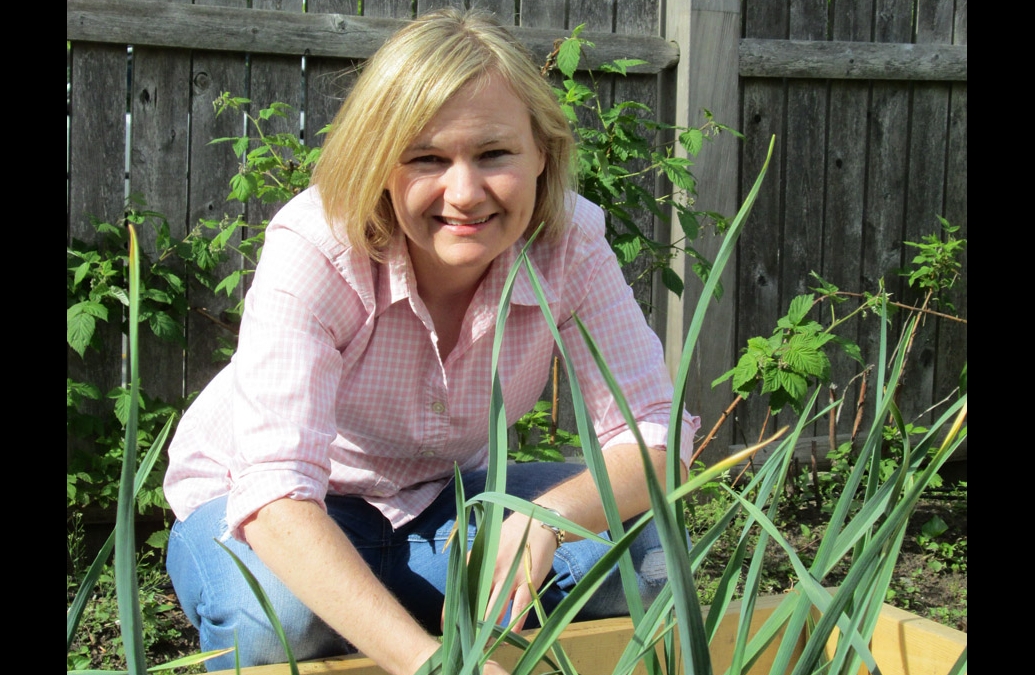Engaged Faculty Spotlight: Environmental Studies

Dawn King, director of undergraduate studies and senior lecturer in Environment and Society, is an engaged scholar interested in topics such as climate change and agriculture, energy distribution and local food policy. At Brown, she teaches Energy Policy and Politics; Humans, Nature, and the Environment; and Urban Agriculture. Each of these courses engages with equity, power and community--grounded in sustained relationships with community partners. For example, Professor King’s Urban Agriculture class has partnered with The African Alliance of Rhode Island (AARI) since 2013 in a variety of ways, from helping create a cookbook for African crops to contributing to organizational marketing. This pamphlet, itself an engaged student project used by AARI for grant applications, exemplifies the connection achieved and nurtured over the years.
Professor King expressed that it can be difficult to secure community partners as “you don’t want to impose, and so it can be more of a journey over time.” Her teaching and research philosophy has always been focused on long-term trust building as opposed to individual projects. When asked how she is able to retain these partnerships and generate mutually beneficial outputs year-to-year, Professor King praised her undergraduate student teaching assistants. TAs, she explained, are the backbone of this work, supporting it through leading weekly engaged scholar labs, coordinating with field sites and conducting extra research. Professor King also underscored the importance of discussing positionality with her students: “It is really important for me that right up front we have conversations about privilege, what it means to be an engaged scholar, that we are learning from the community.”
While remote learning during COVID-19 poses a challenge to her community-centered approach, Professor King’s classes have been able to retain their strength and principles and adapt. Professor King has found that community partners are increasingly interested in collaborating on digital projects, such as websites, social media, and online events, which can benefit from students’ related strengths and experiences. In some cases, technology has also allowed for a broader connection with community partners. This was certainly the case between students and The George Wiley Center, a partner organization in Pawtucket, RI combating poverty and inequality. Over Zoom, Professor King’s students had the opportunity to connect with and learn from The George Wiley Center’s entire staff, whereas in person, they were only able to meet with a member or two at a time. Professor King has begun thinking through how, beyond the pandemic, Zoom and other tools can help expand her local lens, scholarship and impact.
